There are lots of rules, but we tend not to follow each and every one. Some are silly, while others are very serious. Unfortunately, sometimes rules that should be serious are not taken seriously. Why not? Those rules are not enforced, which means people violate them casually. If you want a rule to be taken seriously, it has to be enforced…which means there have to be consequences for breaking that rule. Too often, consequences for breaking important rules are applied only arbitrarily (unevenly), sporadically (once in a while), or even not at all.
Fortunately, the Federal Trade Commission (FTC) wants businesses to know that it is serious about its rules regarding using the designation “Made in the U.S.A.” To attract more customers, some businesses have been falsely claiming that their products are American-made, which is false advertising. Now, the FTC is seeking a federal judge’s permission to levy a $3.2 million fine on a company for violating its “Made in the U.S.A.” rules. The company, Williams Sonoma, owns multiple furniture chains and runs multiple lines of homewares. Therefore, the scenario is far from trivial: the company accused of fraudulent “Made in the U.S.A.” claims is a major retailer!
Fines Provide Teeth for Enforcement
While some may balk at the $3.2 million fine, it is important that the FTC has some “teeth” to enforce its rules. Non-fine punishments like censures and potential denials of future tax credits or government subsidies are unlikely to have enough metaphorical pinch to encourage compliance with rules…especially when breaking those rules could generate the company more profit. However, having to pay a substantial fine in the short term is severe enough to provide the pinch. And once companies see their peers having to pay real fines for violating the FTC’s “Made in the U.S.A.” rules, they will likely fall in line.
Due to Financial Incentive to Lie, Companies Need to be Held Accountable
Research shows that there is real financial benefit to being able to label one’s products as American-made, with consumers willing to pay about 10 percent more for a domestic product as opposed to an import. This means companies have a huge incentive to label their products as “Made in the U.S.A.” – even if this may be only partially true. Companies will weigh the revenue gained from labeling their wares as “Made in the U.S.A.” against any potential punishment when deciding whether to take the risk. Thus, the FTC must be able to levy fines that are hefty enough to dissuade rule-breakers. Small fines will not come close to neutralizing the revenue gained from fraudulent “Made in the U.S.A.” advertising, so companies will continue to break the law and simply pay the fines. This will especially unfairly advantage large companies that can import in bulk and disadvantage small businesses that do produce domestically.
Hopefully, federal courts will give the FTC the authority to levy significant fines and help keep companies, especially large firms like Williams Sonoma, honest about where their products are made!
Image credit: Wikimedia

